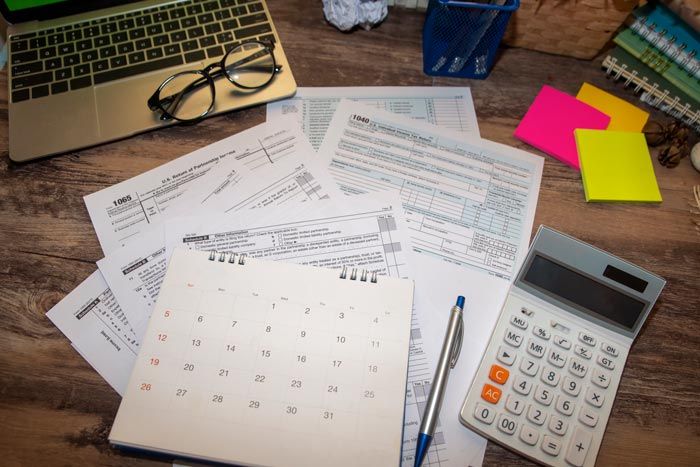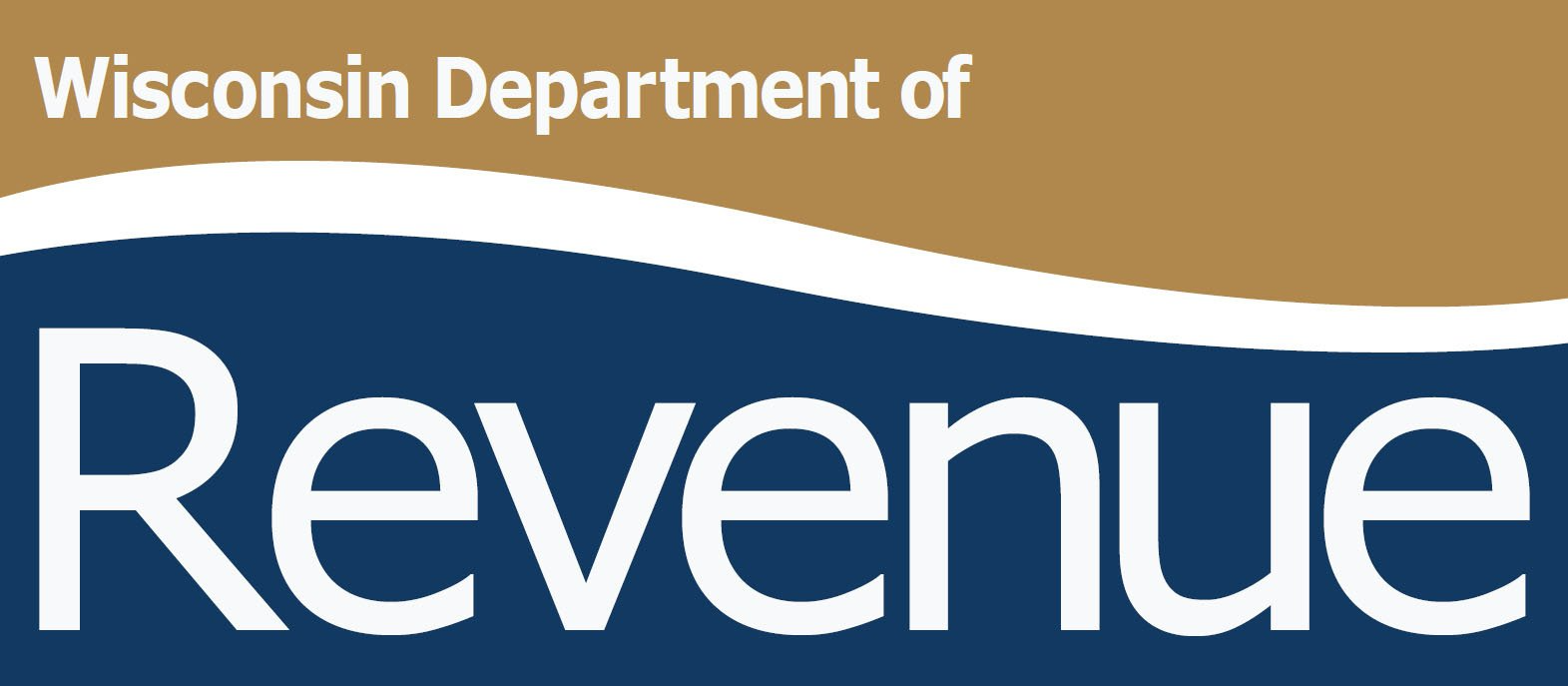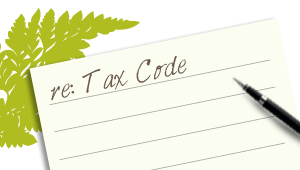Whether the IRS considers you a hobby or business is not as simple as looking at how profitable you are. Unfortunately, you may be running a business that is not profitable this year and has never been profitable, but it still isn’t a hobby.
There is a 9-factor test that the IRS uses to determine if your business is a legitimate
business. You don’t have to meet every factor to be considered a business, but you should meet most of them, particularly the ones that are relevant to your business. Here they are:
- You run the activity like a business, keeping records, having a business bank account, etc.
- You have developed expertise in your field by getting continuing education, reading about your profession, hiring a business coach, etc.
- You spend a significant amount of time on the activity, even if you have another job.
- The assets in your business are expected to go up in value. This applies to real estate and other investing businesses.
- If your activity is not profitable right now, you have a track record of turning around other businesses you’ve owned.
- The history of profits and losses shows that sometimes you have made a profit. Long strings of losses are a risk factor for being considered a hobby.
- The relationship between profits and losses is reasonable, such that you may lose a lot one year but you make it up in a subsequent year.
- Even though you have a lot of income from other sources, you run your side activity like a business.
- Even though the activity is recreational or provides other personal benefits to you, you approach the activity as a business rather than a hobby.
The IRS knows if you’ve been losing money on an activity based on your tax returns. They can also tell if you have significant income from other sources. What they don’t know, is whether or not your run the activity like a business, if you’ve really been trying to make it work, if you spend a lot of time researching and learning about the business, and if you spend a lot of your personal time on the activity. That’s why tax preparers like me warn you, especially if there is a long history of losses (see #6, #7) or other risk factors (see #8 and #9 above), that you are at risk of an audit.
In order to act like a business, do the following:
- Maintain a separate bank account for your business.
- Maintain a separate credit card for your business.
- Keep organized, current records of business activity with an accounting software.
- Keep records of the time you spent on your business, especially time taken to find customers and build your business.
- Don’t use your business like your personal piggybank. If you have cash in your business, use it to build your business, not for personal things.
- Register your business with the state and local governments as applicable.
If you are considered a hobby by the IRS and they have rejected your arguments based on this 9-factor test, two things happen:
- If you have net income from this activity, you don’t have to pay self-employment tax on this income. (Note – The IRS doesn’t question a profitable activity for this reason. They don’t like to give you back your taxes!)
- Your expenses in excess of income (less cost of goods sold) become miscellaneous deductions on Schedule A with a 2% of adjusted gross income reduction which greatly reduces the tax benefit.
Let your tax preparer know if you have any questions about this!




